Copyright I.J. Schecter, 2019
All rights reserved. No part of this publication may be reproduced, stored in a retrieval system, or transmitted in any form or by any means, electronic, mechanical, photocopying, recording, or otherwise (except for brief passages for purpose of review) without the prior permission of Dundurn Press. Permission to photocopy should be requested from Access Copyright.
Cover image: istock.com/486417825
Printer: Webcom, a division of Marquis Book Printing Inc.
Library and Archives Canada Cataloguing in Publication
Schecter, I. J., 1971-, author
Do you ever cry, dad? : a father's guide to surviving family
breakup / I.J. Schecter.
Issued in print and electronic formats.
ISBN 978-1-4597-4267-3 (softcover).--ISBN 978-1-4597-4268-0 (PDF).-
ISBN 978-1-4597-4269-7 (EPUB)
1. Divorced fathers. 2. Father and child. I. Title.
| HQ756.S34 2019 | 306.8742 | C2018-905370-4 |
| C2018-905371-2 |
1 2 3 4 5 23 22 21 20 19
We acknowledge the support of the Canada Council for the Arts, which last year invested $153 million to bring the arts to Canadians throughout the country, and the Ontario Arts Council for our publishing program. We also acknowledge the financial support of the Government of Ontario, through the Ontario Book Publishing Tax Credit and Ontario Creates, and the Government of Canada.
Nous remercions le Conseil des arts du Canada de son soutien. L'an dernier, le Conseil a investi 153 millions de dollars pour mettre de l'art dans la vie des Canadiennes et des Canadiens de tout le pays.
Care has been taken to trace the ownership of copyright material used in this book. The author and the publisher welcome any information enabling them to rectify any references or credits in subsequent editions.
J. Kirk Howard, President
The publisher is not responsible for websites or their content unless they are owned by the publisher.
Printed and bound in Canada.
VISIT US AT
 dundurn.com
dundurn.com
 @dundurnpress
@dundurnpress
 dundurnpress
dundurnpress
 dundurnpress
dundurnpress
Dundurn
3 Church Street, Suite 500
Toronto, Ontario, Canada
M5E 1M2
To my parents, for their unending comfort and shelter
To my sister, for her daily reminders and reassurance
To my kids, for being the best part of me
To Fulvia, for her bottomless love
Contents
Introduction
I have written about many subjects in my career, from golf to nudism (though never together that would have been interesting). Most writers agree that one of the best parts of the job is the opportunity to learn about so many different subjects. Recently Ive had to learn about a topic I didnt see coming: how to be a divorced dad. What Ive learned is that for the most part, in this area, youre making guesses. With the help of time, and the caring and wisdom of others, you get a little better at making those guesses, but theres no formula for success. Every situation is different every kid, every dad, every ex, every family so the best you can do is the best you can do.
I wish I could count the number of bad guesses Ive made on one hand, but the truth is, as for most split dads, the list of my poor guesses is longer than the list of Wayne Gretzkys records. Most experts tend to agree on certain common-sense principles that can guide your behaviour, but the rest is kind of a crapshoot. The purpose of this book is to help you, and other dads, make the best guesses you can, based on my experience, the experiences of others, and the views of professionals. I want to assure you that, even when those guesses arent necessarily right, the ramifications arent as bad or as long-term as you fear, as long as your children know you love them and are around to stay. I want to invite you into a community of dads who have gone through, or are going through, many of the same things you are. And, perhaps most of all, I want to let you know that things will get better.
In the first year after my split, I encountered two individuals whom I now think of as my guardian angels. Both were police officers. I met them eight months apart.
The first meeting occurred about three months after my ex and I told our three kids we were breaking up, which was, needless to say, the worst moment of my life. At that point I was, to put it mildly, a complete mess. Id been attempting to manage the few parts of my life I felt I could control: the quality of my work, the state of my body, the way I treated others. But those were the things on the outside. The part inside, my heart, well, I had only so much control over that, and the pain it was trying to contain was overwhelming.
I had just spent the evening with Dustin, Cory, and Alisha, then dropped them back home with their mom and drove away. It hurts to even write drove away. Those words make me want to cry, as do any words that describe the action of physically leaving my kids. Typically, after parting ways, I would drive a few blocks, pull over, and cry. Those tears expressed a lot of complicated emotions, but mostly just unmitigated pain. Often I would think about when my kids were born: the pure love and instinctive connection Id felt. What I was experiencing after the breakup felt in many ways opposite the emptiness of saying goodbye to them, the feeling of detachment instead of connection. The first time I had to leave them after the split, I felt like the pain might kill me.
At some point after stopping the car, I would pull myself together and drive back home (my parents apartment). Then I would try to do something productive: exercise, write, correspond with people important to me, read, spend time talking to my mom and dad. On this particular evening, after the cry had exhausted itself and I started driving home, almost immediately I saw flashing lights in my rear-view mirror. I pulled over impassively. The cop, an older guy who looked like hed been on the force for a long time thinning hairline, gray at the temples, bit of a paunch walked toward me and I lowered the window, getting ready to hand over my licence and registration. He was in cop mode, serious and authoritative, flipping open his pad and clicking his pen.
When he looked up and saw my face, he paused for a long moment. I was holding out my documents, but he didnt take them. He seemed frozen, as though he wasnt looking at a person, but a ghost. After what felt like a long time, he spoke. Sir, he said, in a quiet voice, I dont know whats happening in your life right now, but I need you to do something. I need you to promise me youre going to drive home, and then I need you to promise me you arent going to get behind the wheel again when you feel like this. This is a school zone, sir, and you were going fast enough to do something really dangerous. Do you understand what Im saying to you? He was speaking very slowly and carefully. Sir?

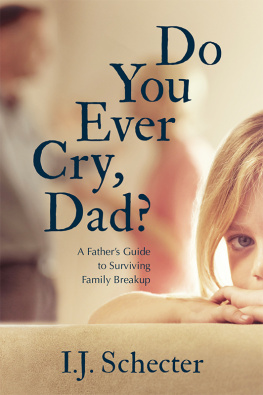

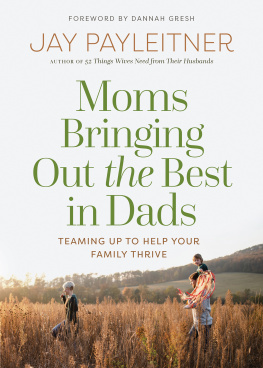
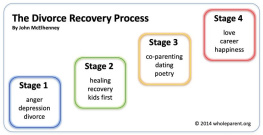
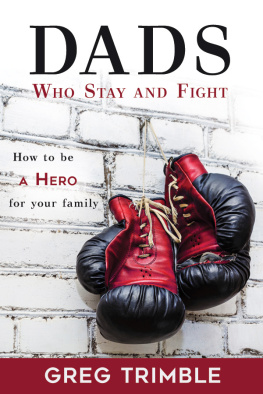
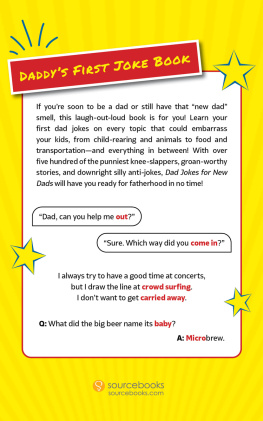
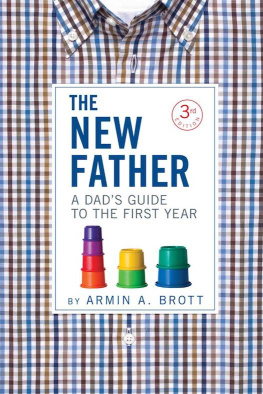
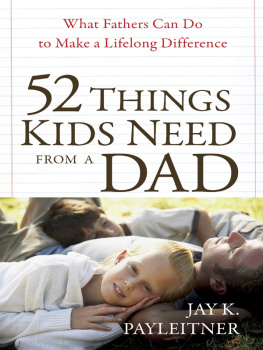
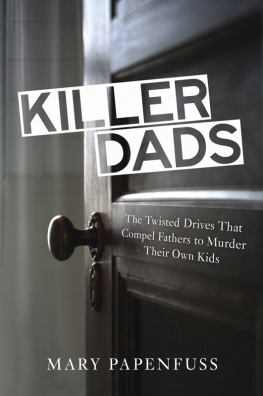

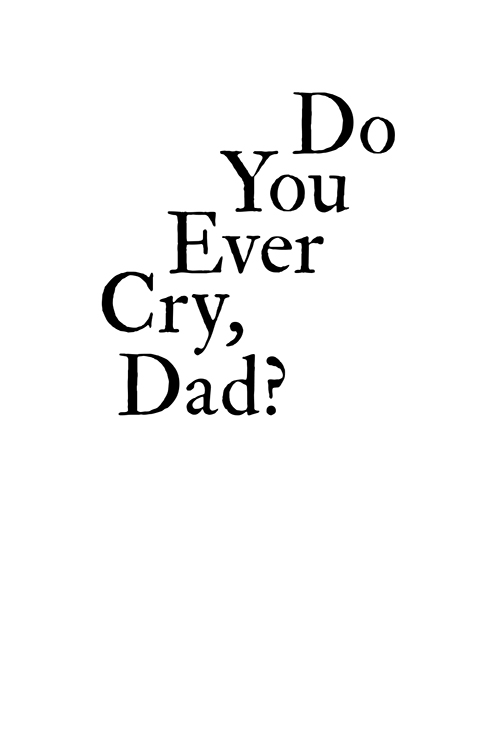


 dundurn.com
dundurn.com @dundurnpress
@dundurnpress dundurnpress
dundurnpress dundurnpress
dundurnpress